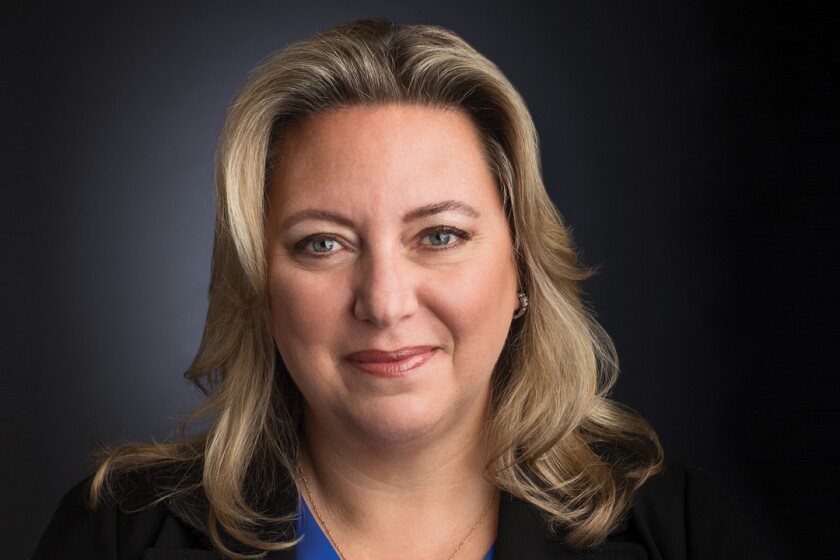The top Republican and Democrat on the Senate Finance Committee said the Treasury Department “missed the mark” in new guidance that limits tax breaks for businesses that get their Paycheck Protection Program loans forgiven.
In a joint statement Thursday, Senate Finance Chairman Chuck Grassley and Democrat Ron Wyden said the Treasury is depriving some small businesses of much-needed economic relief by forcing them to choose between getting their PPP loans forgiven or claiming write-offs on expenses they covered with the loan money. The IRS published guidance on the issue Wednesday.
“Regrettably, Treasury has now doubled down on its position in new guidance that increases the tax burden on small businesses by accelerating their tax liability, all at a time when many businesses continue to struggle and some are again beginning to close,” Grassley and Wyden said.

The congressional reaction to the guidance puts additional pressure on the Treasury and Internal Revenue Service to allow taxpayers to claim the expense deductions. Grassley and Wyden encouraged the IRS to reverse its position.
The lawmakers said they are working to include language in year-end legislation clarifying that taxpayers qualify for expense deductions even if their loans are forgiven. That could be included in government spending legislation that Congress must pass by Dec. 11 before federal funding runs out.
Chris Moran, a tax attorney for law firm Venable LLP, said, “the IRS guidance seems to be inconsistent with congressional intent” in the CARES Act, which created PPP loans for businesses struggling from the pandemic. The law stated that the forgiven loan won’t be taxed, but didn’t specify whether companies could still write off the expenses they covered with that money.
David G. Barbeito, CPA, is a managing partner at De La Hoz, Perez & Barbeito PLLC. At his firm, they work with entrepreneurs locally and internationally across various industries and assist them with audit, tax, and accounting services. Reach him dbarbeito@dpbcpa.com.
Damon Fleury has held product and technology leadership positions for a variety of companies in the networking and security sectors over the last 25+ years. His specialty has been joining companies early in their development to help build and release initial products and then optimizing strategies to enable their success in the marketplace.
Damon has led teams at TippingPoint (Trend Micro), Mirage Networks (Trustwave), Exodus Intelligence, NSS Labs, and CacheIQ (NetApp), and held leadership positions in Engineering, Product Management, and Market Strategy to develop and launch innovative and disruptive products.
Prior to joining SpyCloud as the VP of Strategy in early 2022, Damon served as the Chief Technical Officer and VP of Cybersecurity Services at Texas-based MSSP CyberDefenses. In this role, Damon supported the growth of the commercial and SLED services business, including the creation of and go-to-market efforts for SOC, Security Engineering, Cyber Intelligence, CISO Advisory, and Incident Response services.
As Chief Product Officer of SpyCloud, Damon is responsible for the product roadmap and strategic innovation initiatives that have driven SpyCloud to become the leader in Cybercrime Analytics – helping enterprises combat cyber threats including ATO, ransomware, and online fraud.
Donna Milrod is the chief product officer of State Street Corporation.
Excluding the forgiven loan from tax “is essentially meaningless if the expenses funded by the loan are nondeductible,” Moran said.
Still, many taxpayers aren’t expecting to get permission to claim the deductions, from the IRS or Congress, in the short term.
“I think most of them are, at least for now, resigned” to not getting the write-offs, Joe Kristan, a partner at the accounting firm Eide Bailly LLP in Des Moines, Iowa. “They’d certainly like to be allowed by Congress to step in and allow their deductions, but they’re not counting on it.”



